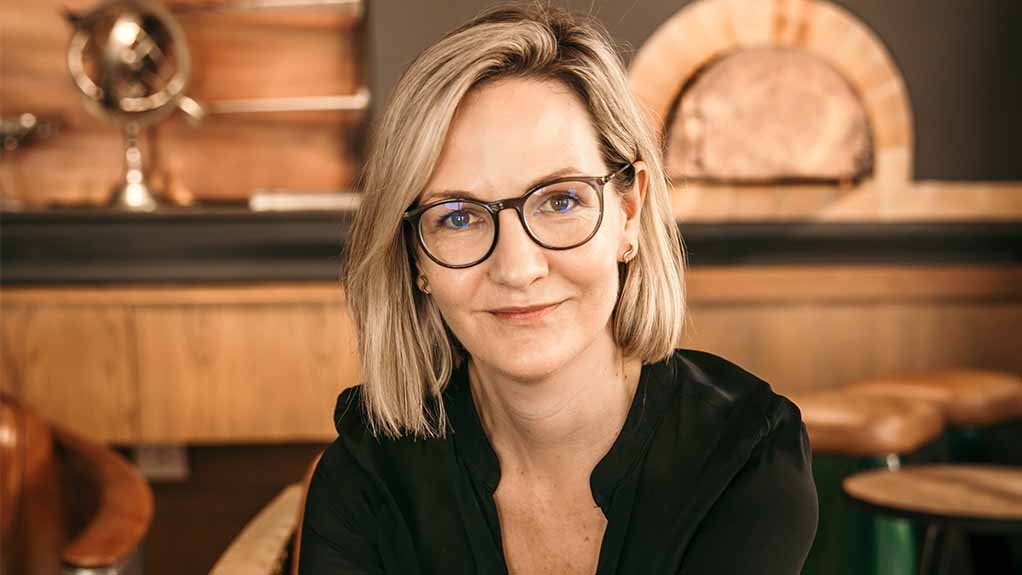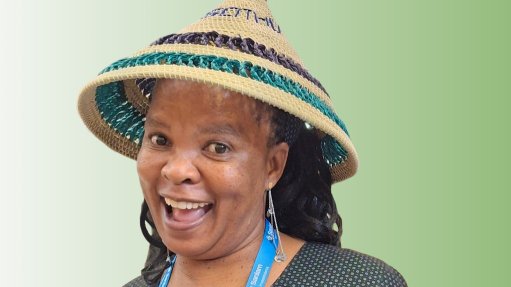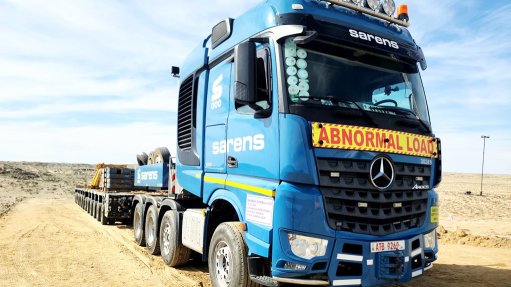Classifying Eskom’s coal fuel costs as fixed would damage SAWEM
Allowing Eskom Generation to classify the primary energy used by its coal power stations as fixed costs will undermine the objective of using the upcoming launch of the South African Wholesale Electricity Market (SAWEM) to usher in a competitive supply industry.
This stark warning was delivered by Jenna Harris, an experienced energy professional, who was also founder and the former CEO of a licensed electricity trader, during recent regulatory hearings into the National Transmission Company South Africa’s (NTCSA’s) application for a Market Operator licence.
While making no objection to the licence application itself, Harris urged the National Energy Regulator of South Africa (Nersa) to pay closer attention to the proposed SAWEM structure and the Market Code, which will set the rules for participation and engagement.
SAWEM could be launched by April next year, but is likely to be delayed in light of the various approvals still required, including an approval of the Market Code, which has been widely canvassed but which is yet to be submitted to Nersa for public participation and adjudication.
In her presentation, Harris noted that Eskom Generation is expected to be the dominant participant in SAWEM at its launch and is seeking to recover much of its fixed costs and its fuel costs through regulated tariffs and vesting contracts, independent of SAWEM prices.
Should that be the case, the coal-fired power stations would then bid marginal costs into the SAWEM that would be artificially low, possibly at between 20c/kWh and 30c/kWh, with its far higher total costs recovered through a fixed-cost pass through in the regulated tariff charged to customers by Eskom Distribution.
Such “low-ball prices” would make it impossible for independent power producers (IPPs) to raise finance to build new capacity to bid into SAWEM, as they would need to be able to recover their full costs. These would be between 50c/kWh and 85c/kWh for utility scale solar PV and about 100c/kWh for wind.
Harris argued that, under these conditions, the SAWEM, promoted as a platform for broad multi-party participation, risks functioning in practice as little more than Eskom trading with itself.
Eskom’s proposed vesting contracts for the SAWEM guarantee their cost recovery, even as private buyers increasingly source power from IPPs. To offset lost sales, Eskom is expected to push more costs into fixed charges — a shift that Harris said would erode IPP competitiveness and discourage new investment. With no clear sunset on these protections, consumers risk paying for coal costs they don’t need.
A more cost reflective price would emerge, however, if Eskom Generation were to include its primary energy costs and environmental taxes and levies into its marginal cost bid into the SAWEM. Harris argued that this would then support a meaningful investment case for private sector participation.
She, thus, urged Nersa to reject the suggestion that Eskom Generation’s coal costs be classified as fixed costs purely on the basis that they were procured under long-term contracts.
“This is completely inappropriate with respect to global norms and accounting practices,” she said, arguing that it would result in the SAWEM being little more than a charade masquerading as liberalisation.
Harris also called on the regulator to place time limits on the phase-out of vesting contracts to prevent customers from having to fund uncompetitive generation capacity that the market no longer required.
A failure to do so, could entrench coal’s current market dominance, delay the scheduled decommissioning of more than 20 GW of coal-fired capacity in the 2030s and undermine the business case for the much-needed renewables and flexible generation investments required to replace coal in line with the just energy transition.
She also argued that government should immediately halt the public procurement of new renewables that will enjoy a cost pass-through into the regulated tariff.
“It is more appropriate for Eskom Distribution, through its trading function, to be the initiator and counterpart of such contracts moving forward, just as any other trader would in a liberalised market design.”
That said, she warned that the entity’s current dual role of distribution and trading posed a risk of market abuse, which was already in evidence in the way Eskom Distribution was limiting grid and customer access for IPPs.
From a governance perspective, Harris also urged the regulator to ensure that the Market Operator’s board comprised a majority of independent directors and that no Eskom Holdings executives be allowed a seat on the board.
In addition, she recommended that Nersa should provide its concurrence for the appointment of senior executives, including the CEO.
Article Enquiry
Email Article
Save Article
Feedback
To advertise email advertising@creamermedia.co.za or click here
Press Office
Announcements
What's On
Subscribe to improve your user experience...
Option 1 (equivalent of R125 a month):
Receive a weekly copy of Creamer Media's Engineering News & Mining Weekly magazine
(print copy for those in South Africa and e-magazine for those outside of South Africa)
Receive daily email newsletters
Access to full search results
Access archive of magazine back copies
Access to Projects in Progress
Access to ONE Research Report of your choice in PDF format
Option 2 (equivalent of R375 a month):
All benefits from Option 1
PLUS
Access to Creamer Media's Research Channel Africa for ALL Research Reports, in PDF format, on various industrial and mining sectors
including Electricity; Water; Energy Transition; Hydrogen; Roads, Rail and Ports; Coal; Gold; Platinum; Battery Metals; etc.
Already a subscriber?
Forgotten your password?
Receive weekly copy of Creamer Media's Engineering News & Mining Weekly magazine (print copy for those in South Africa and e-magazine for those outside of South Africa)
➕
Recieve daily email newsletters
➕
Access to full search results
➕
Access archive of magazine back copies
➕
Access to Projects in Progress
➕
Access to ONE Research Report of your choice in PDF format
RESEARCH CHANNEL AFRICA
R4500 (equivalent of R375 a month)
SUBSCRIBEAll benefits from Option 1
➕
Access to Creamer Media's Research Channel Africa for ALL Research Reports on various industrial and mining sectors, in PDF format, including on:
Electricity
➕
Water
➕
Energy Transition
➕
Hydrogen
➕
Roads, Rail and Ports
➕
Coal
➕
Gold
➕
Platinum
➕
Battery Metals
➕
etc.
Receive all benefits from Option 1 or Option 2 delivered to numerous people at your company
➕
Multiple User names and Passwords for simultaneous log-ins
➕
Intranet integration access to all in your organisation




















